Scientific Fields
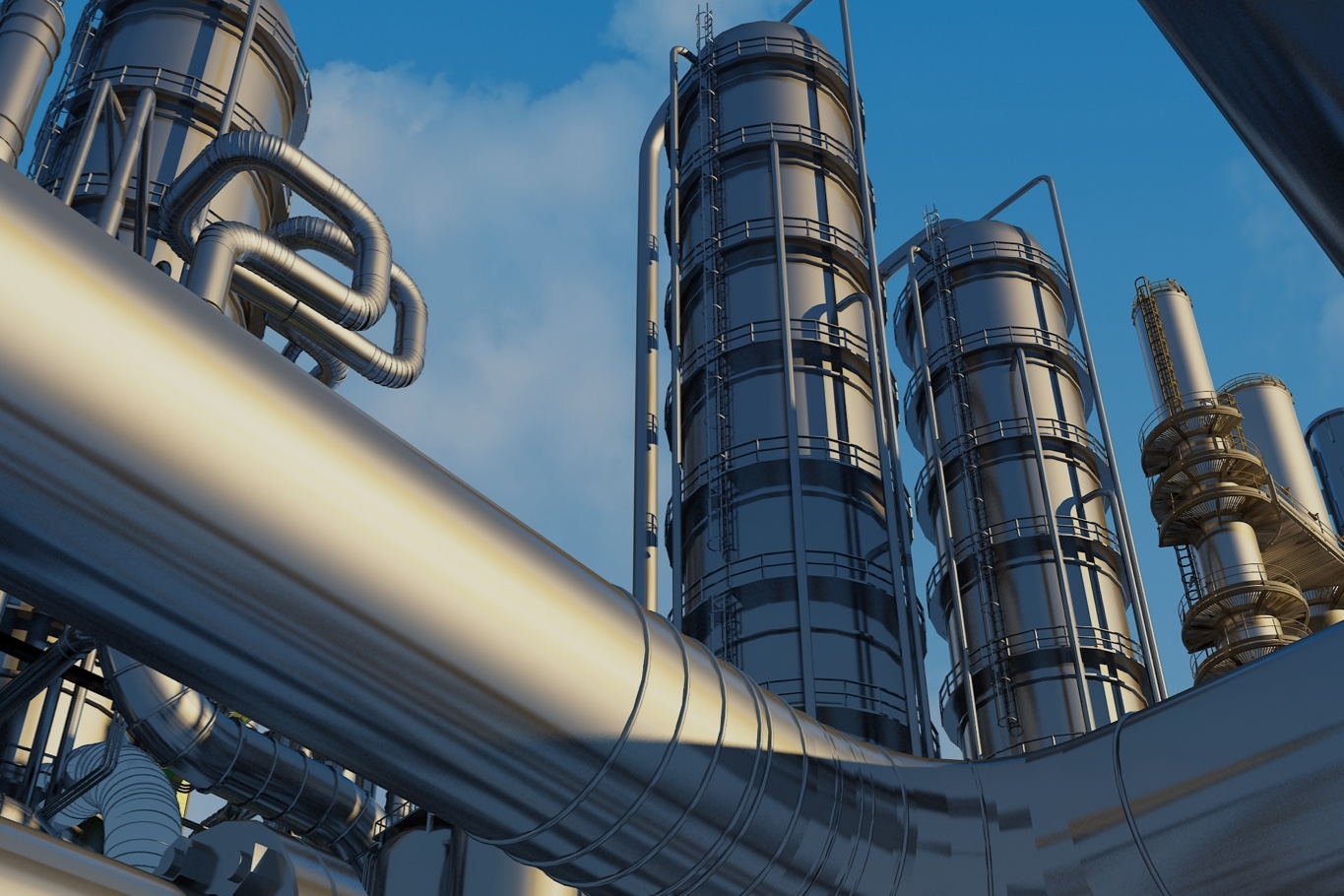
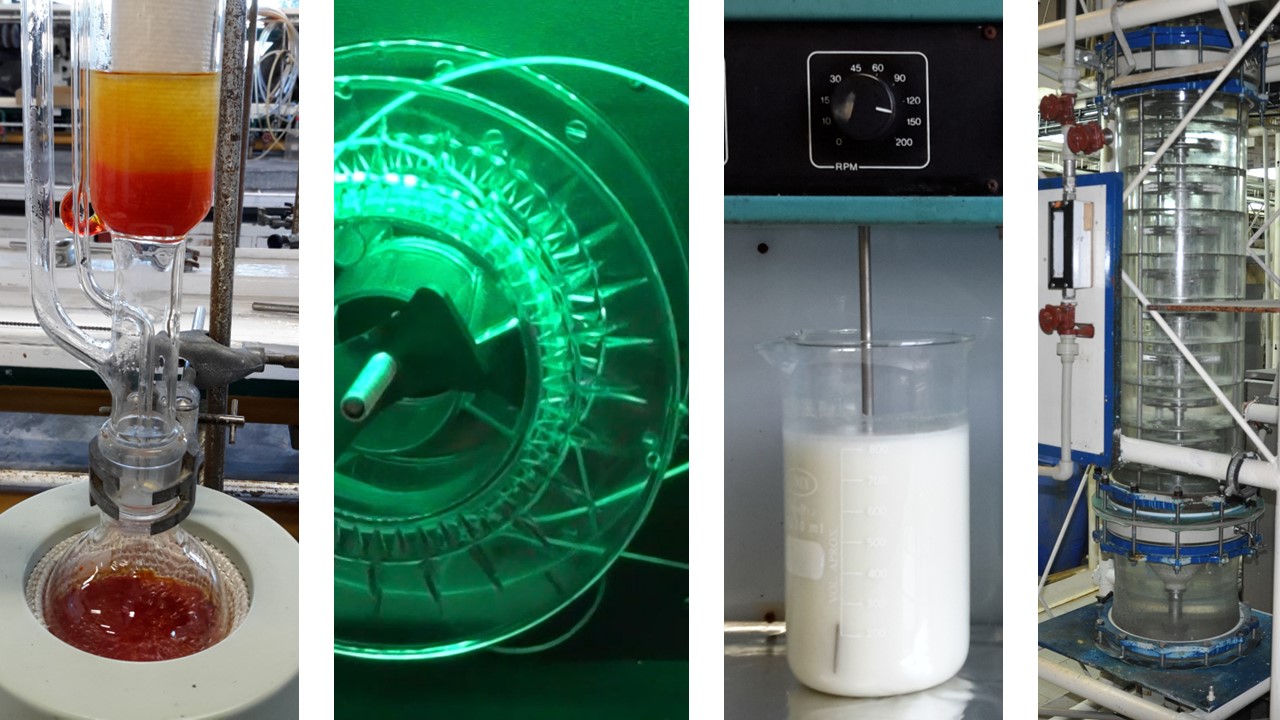
DEQ is divided into Four Scientific Fields:
| Scientific Field | Coordenador | |
| Synthesis, Molecular Structure and Chemical Analysis The scientific/pedagogical area of Synthesis, Molecular Structure and Chemical Analysis (SEMAQ) focuses on understanding the composition, structure, properties, and reactions of molecules. This area plays a fundamental role in advancing students’ understanding of Chemistry and its applications. Through both theoretical study and hands-on laboratory work, students learn to design experiments, analyze data, and interpret results, fostering critical thinking and problem-solving skills essential for scientific research and innovation. SEMAQ provides the foundational knowledge necessary for students pursuing careers in Chemistry, Chemical Engineering and related fields. | João Tomé | 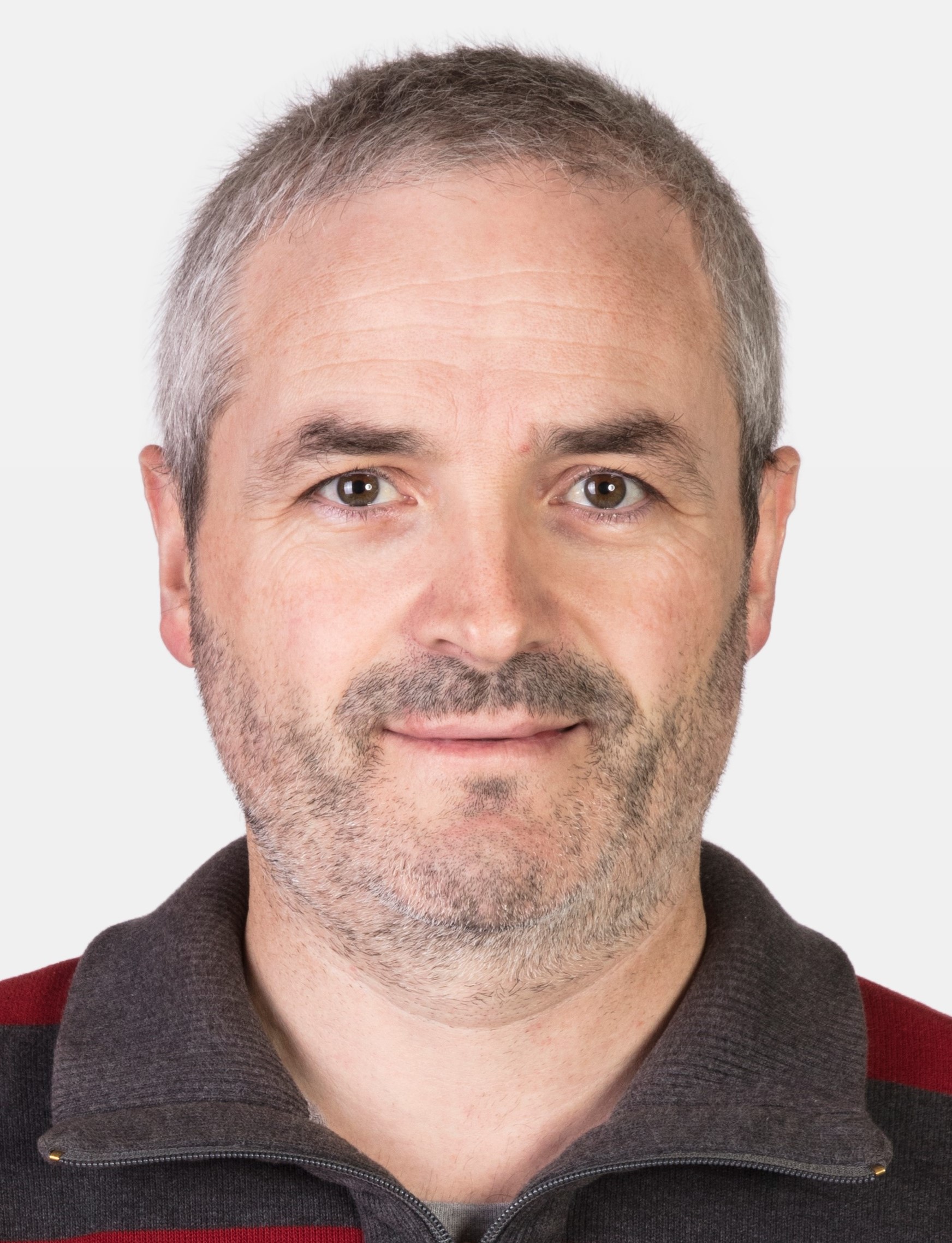 |
| Physical Chemistry, Materials and Nanosciences The scientific area of Physical Chemistry, Materials and Nanosciences is responsible for the courses covering topics that provide a solid foundation in the physical-chemical principles that govern the behavior of matter, from the molecular scale to the nanoscale and macroscopic materials. The courses in this section cover key concepts in quantum mechanics, spectroscopy, thermodynamics, kinetics, interfacial phenomena, phase transitions, etc., as well as the advanced areas of computational chemistry, polymer science, functional materials, nanotechnology, and nanomaterials. Most courses integrate lectures, a strong laboratory component and project-based learning, offering hands-on experiments and projects that bridge academic knowledge and practical applications, addressing challenges in energy conversion, new processes and products, environmental sustainability, health, etc. The courses offered in this section prepare graduates to excel in both research and industry roles, equipping them to make innovative contributions towards the advancement of chemical engineering, materials science and engineering, and chemistry. | José Paulo Farinha |  |
| Process and Project Engineering The scientific area of Process and Project Engineering is responsible for the Curricular Units (UCs) that address topics in Chemical Engineering with a strong socio-economic impact, related to: (i) Process Systems Engineering (ii) Plant Design (iii) Energy; (iv) Environment; (v) Safety. The learning model intends to develop student’s creativity and critical thinking, providing knowledge for them to be able to address major societal challenges, such as the development of novel processes that can respond to the current needs of industry. Through learning, the students will also acquire relevant knowledge related to equipment design, efficient energy management, sustainability, plant safety and economic evaluation of projects. We use a systems approach to solve challenges in process simulation, design, control, and optimization, using tools of applied mathematics, data science, and artificial intelligence, aiming to maximize productivity and energy efficiency, minimizing environmental impact, and improving safety. Most UCs have a strong computing and programming component. Specifically, the students will develop code in Aspen Plus, ANSYS, C++, GAMS, gPROMS, MATLAB and Python. Graduates in this area are equipped to engage in professional activities in a wide range of sectors related to the chemical industry and its affiliates, research and development, consulting, and business management. | Fátima Montemor | 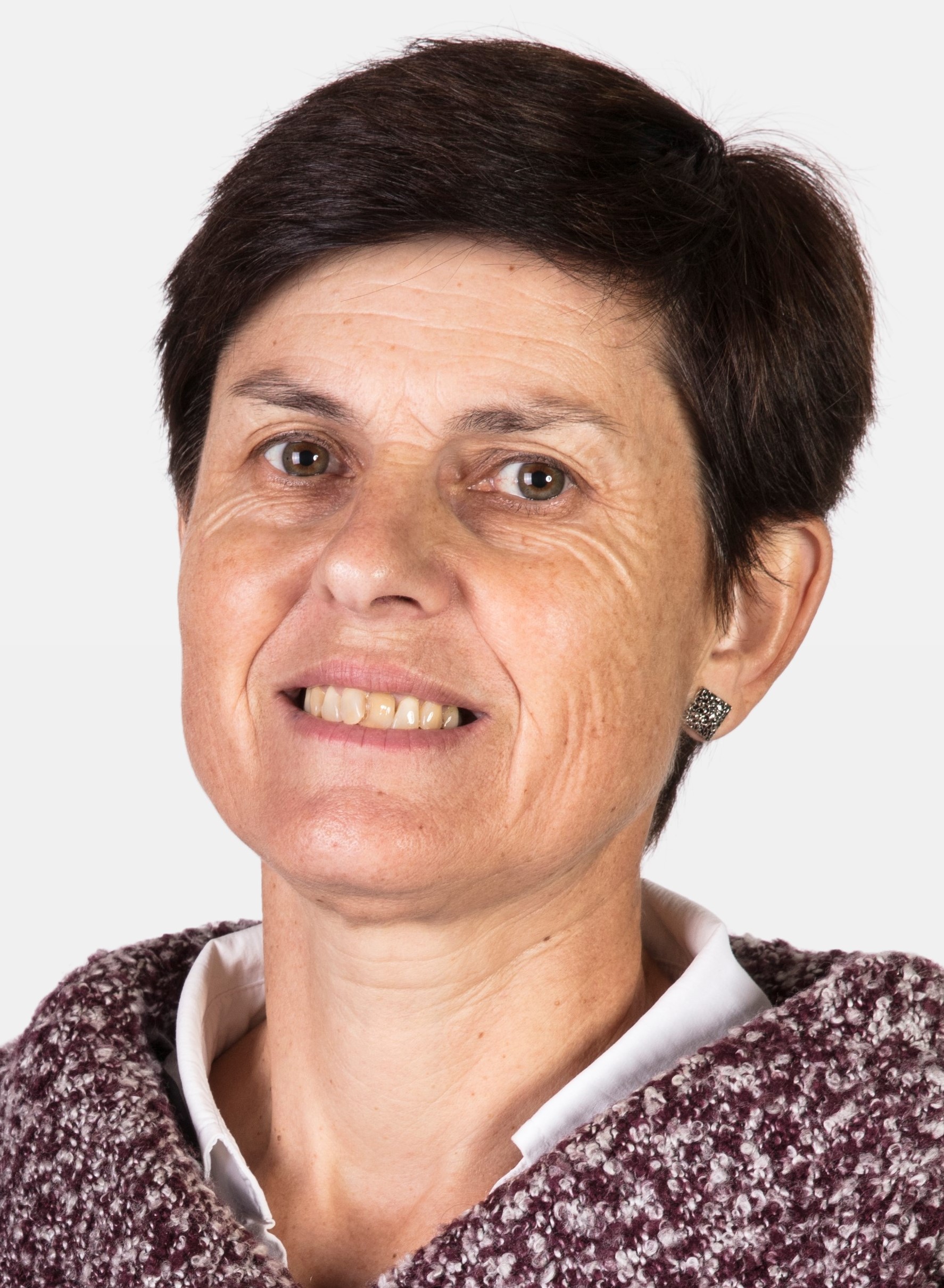 |
| Chemical Engineering Sciences | Francisco Lemos | 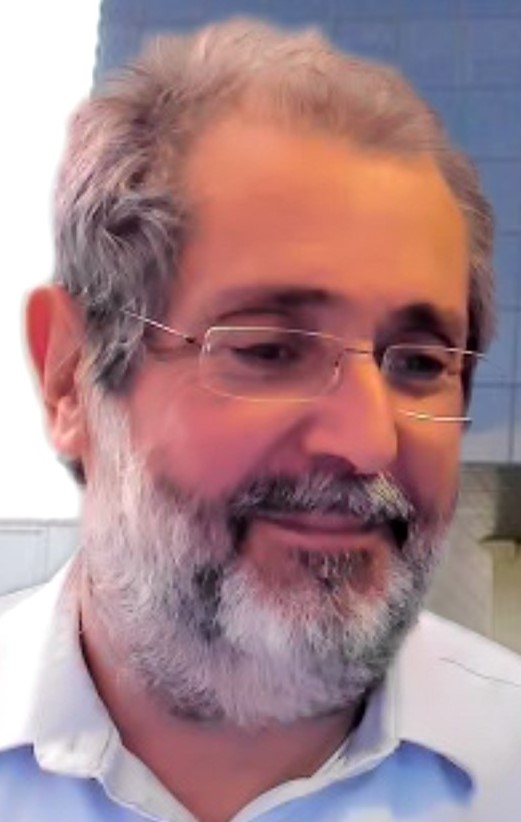 |